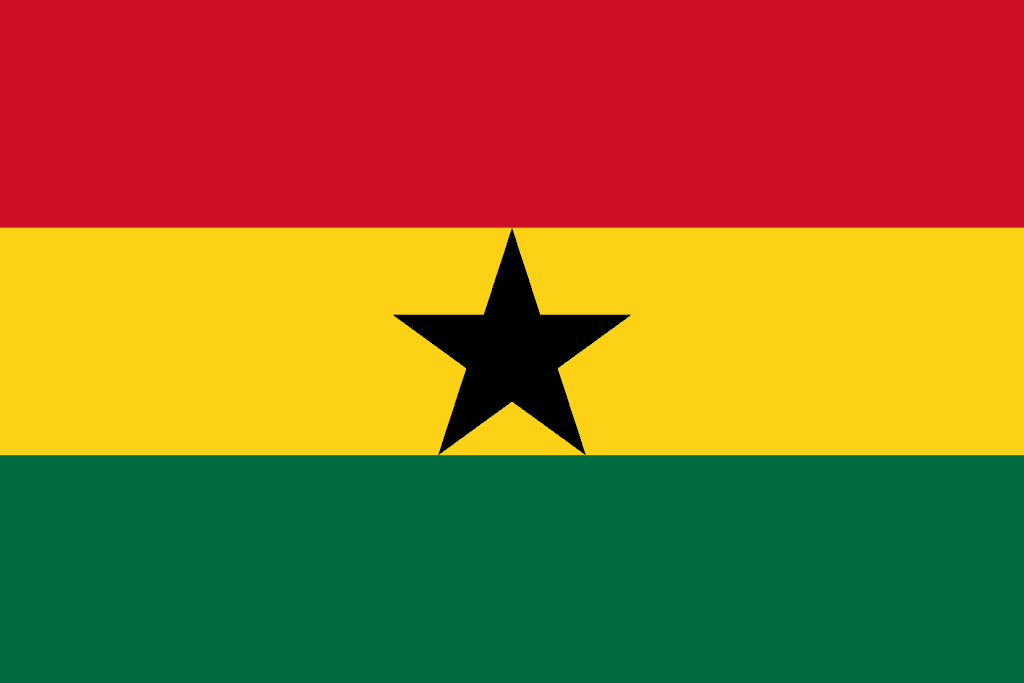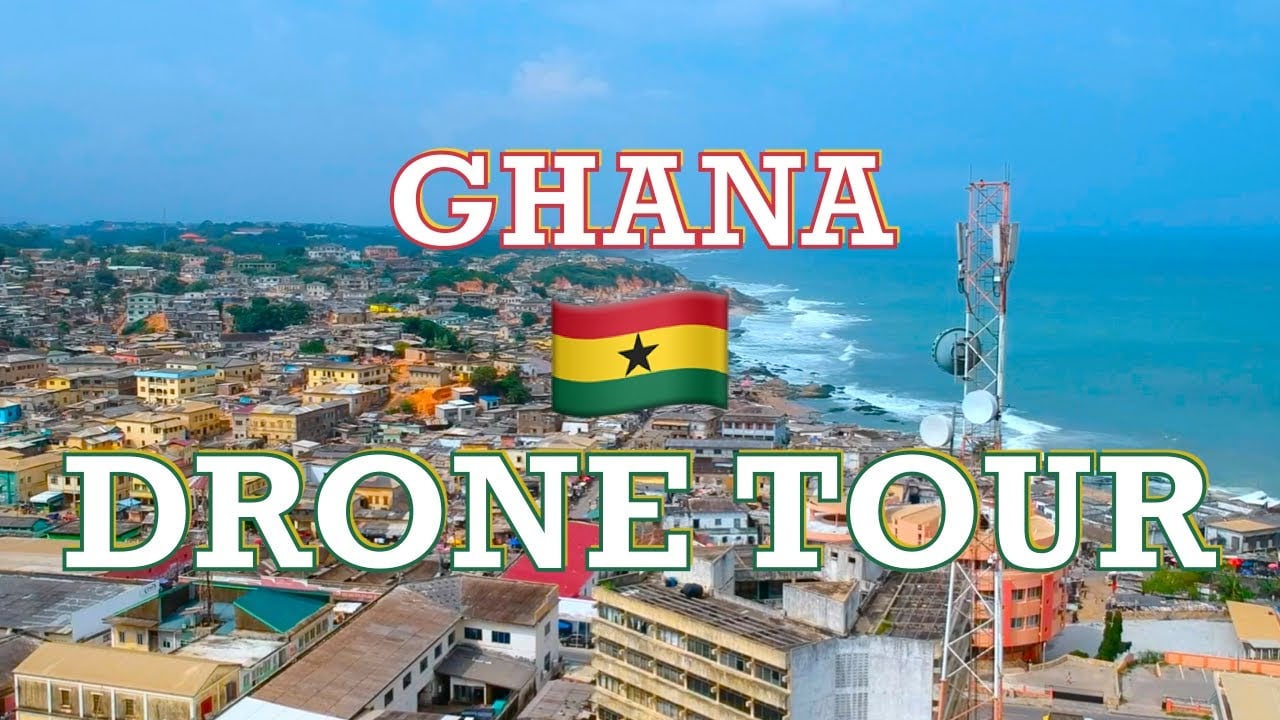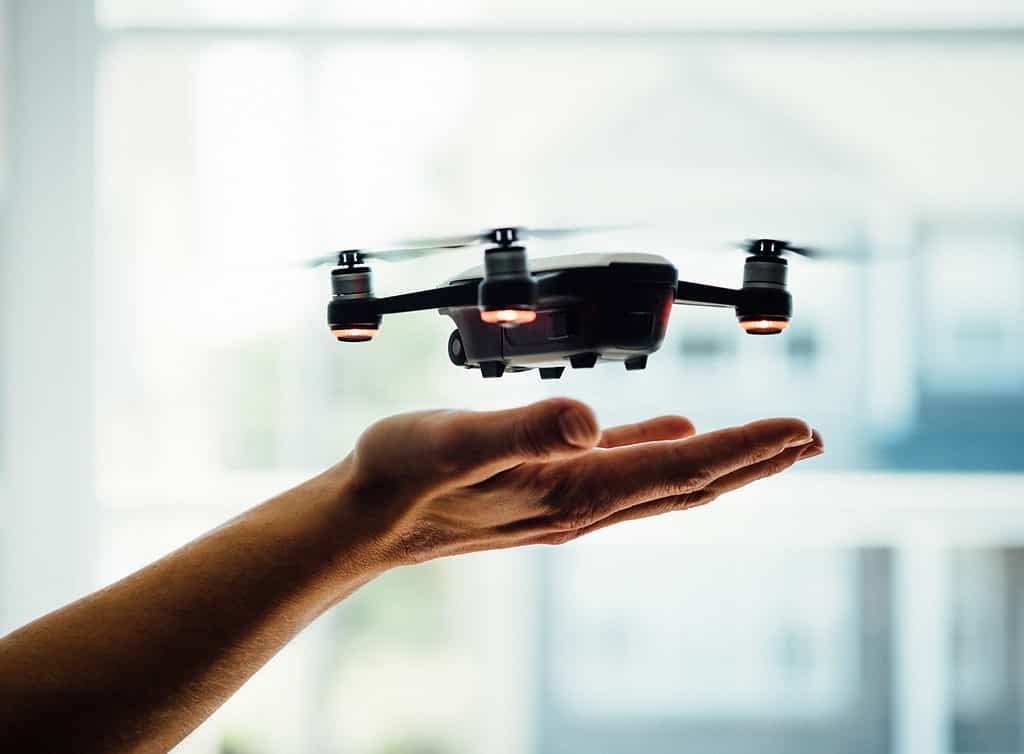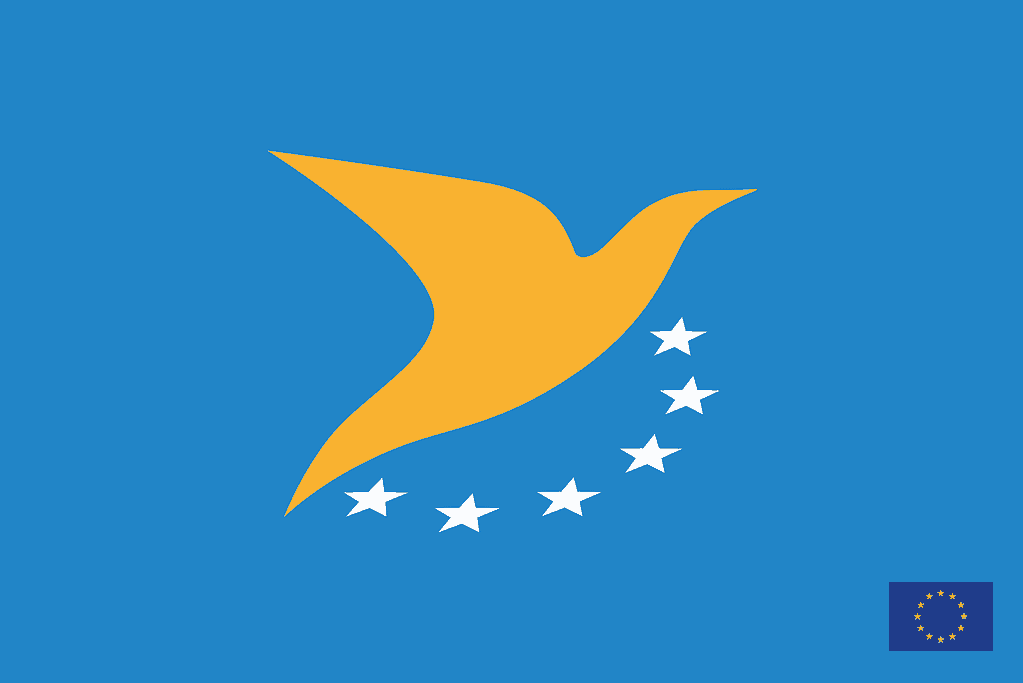Drone Laws in Ghana
Hobbyist Drone Laws For Residents of Ghana
Drone Operations in Ghana are currently regulated.
- Hobbyist drone flights are allowed in Ghana
- Hobbyist Ghana drone pilot license is not required
- Hobbyist Drone registration is required in Ghana for hobbyists
- Drone Remote ID is not required in Ghana for hobbyists
- Drone Insurance is not required but recommended for hobbyists’ drone operations in Ghana
Read below for more details on Hobbyist Drone Laws in Ghana and to find links to regulators and other credible sources!
Agencies Responsible for regulating drones in the Republic of Ghana
Drone Regulator in Ghana: Ghana Civil Aviation Authority (GCAA)
Ghana RPAS Resources Section of Regulator Website: GCAA RPAS Resources
UAS Laws – General rules for flying drones in Ghana
The Ghana agency responsible for drone safety, GCAA, has provided several details on flying for fun or work. The highlights are enumerated below. For more details, go to the link above.
Are drones allowed in Ghana?
According to GCAA, drone use is allowed in Ghana, subject to GCAA regulations. Read on for more details.
Here are the most important rules to know for flying a drone in Ghana:
In Ghana, drones are classified into three categories.:
- Small RPAS: Up to a take-off weight of 1.5 kilograms
- Light RPAS: With a take-off weight of more than 1.5 kilograms and up to max. 7 kilograms
- Large RPAS: All drones weighing more than 7 kilograms
The following are the most critical rules to follow:
- The GCAA requires that all drones be registered. Registration fees can be up to $4,000, and failure to register a drone carries a 30-year prison sentence.
- Pilots for commercial RPAS operations, pilots of large RPAS, and pilots of RPAS with Type Certificate are required to obtain a Remote Pilot Licence (see below for licensing procedure).
- Avoid flying within a ten-kilometer (six-mile) radius of airports or helipads.
- Never fly drones above 400 feet vertically.
- Drones must maintain a visual line of sight.
- Insurance for drones is required.
- Drones may be operated at night only with the approval of the GCAA.
- Drones are not permitted to fly in restricted areas.
- Without special authorization, no goods may be dropped or transported via drone.
- Operators of drones must be at least 18 years old.
- It is prohibited to fly in icy conditions.
- Drones cannot be operated in congested urban, suburban, or rural areas. Additionally, drones are not permitted to fly over crowds.
- Without prior express permission, drones may not fly within a 30-meter (98-foot) radius of buildings or vehicles.
Pilot Licensing
- Apply to the Director-General, Ghana Civil Aviation Authority, KIA, Accra, Ghana, using Application Form R28-AF-008. In addition, if the purpose of the license is for commercial use (other than recreational purposes), you must attach a Cover Letter on company letterhead to the form introducing the applicant for the license. Address your letter to the Director-General (Attention: Director, Safety Regulation), Ghana Civil Aviation Authority, KIA, Accra, Ghana. An accountable executive must sign the letter.
- The applicant will undergo the application approval process as per Checklist R28-CL-005.
- You must pay the appropriate charges depending on the weight category of the drones you operate. You can go to the linked page for full details on charges, which shows the Scheme of Charges.
- The applicant may be issued or denied the RPAS Pilot or RPAS Pilot Instructor License at the end of the approval process.
- The approval is valid per the relevant conditions stated in GCAD Part 28 unless otherwise revoked, suspended, or amended.
- The License will be printed on GCAA security sheets.
Notes for recreational drone pilots flying for fun in Ghana
You are allowed to fly a small or light RPAS (defined above) with the written approval of the Authority. The procedure to receive approval is as follows:
- Apply using Application Form R28-AF-003. If the purpose of the RPAS is for private purposes, a Cover Letter on company letterhead must be attached to the form indicating the purpose of the RPAS. Address your letter to the Director-General (Attention: Director, Safety Regulation), Ghana Civil Aviation Authority, KIA, Accra, Ghana. Ensure that an accountable executive signs your letter.
- The assigned GCAA personnel(s) will inspect the UAV and register it after successful inspection using Checklist R28-CL-001.
- The registration number is generated sequentially, but an applicant may request a special one.
- You must pay the appropriate charges depending on the weight category of the drones you operate. You can go to the linked page for full details on charges, which shows the Scheme of Charges.
- The Authority will then issue a Letter of Approval. The Approval shall be printed on GCAA Security Sheet.
- The approval is valid for one year from the issue date unless otherwise revoked, suspended, or amended.
Drone Laws For Visitors To Ghana
Drone Operations in Ghana are currently regulated.
- Foreign visitor drone flights are allowed in Ghana
- Foreign visitor drone pilot license is not required
- Drone registration/autorization is required in Ghana for visitors/tourists
- Drone Remote ID is not required in Ghana for tourists
- Drone Insurance is not required but recommended for tourist drone operations in Ghana
Read below for more details on Drone Laws in Ghana for Visitors (Tourists) and to find links to regulators and other credible sources!
Additional notes for foreign operators
You are not allowed to import an RPAS without the written approval of the Authority. The procedure to import a drone is as follows:
- You apply using Application Form R28-AF-001. If the purpose of the RPAS is for commercial use (other than recreational purposes), attach a Cover Letter on company letterhead to the form indicating the purpose of the RPAS. Address your letter to the Director-General (Attention: Director, Safety Regulation), Ghana Civil Aviation Authority, KIA, Accra, Ghana. An accountable executive must sign the letter.
- You must pay the appropriate charges depending on the weight category of the drones you import. You can go to the linked page for full details on charges, which shows the Scheme of Charges.
- The Authority will then issue a Clearance Letter to Ghana Customs.
- The Authority shall also issue a letter to the applicant on the requirement for registering RPAS and certification, where applicable.
- The RPAS shall then be registered after clearing customs as per the “Approval Process for Recreational and Private Operations.”
- If intended for commercial purposes, the organization shall have to undergo certification as detailed in the “Approval Process for Commercial Operations.” In such a case, the RPAS shall be registered under the recreational category until the completion of the certification process, after which its category would be changed to the commercial category.
Commercial Drone Laws For Residents of Ghana
Drone Operations in Ghana are currently regulated.
- Commercial drone flights are allowed in Ghana
- Commercial Ghana drone pilot license is required
- Commercial Drone registration is required in Ghana for commercial drone operators
- Drone Remote ID is not required in Ghana for Commercial Drone Operators
- Drone Insurance is not required for commercial drone operations in Ghana
Read below for more details on Commercial Drone Laws in Ghana and to find links to regulators and other credible sources!
Notes for operating Commercial Drone Services in Ghana
You will need an RPAS Operating Certificate (ROC) issued by the Authority to conduct commercial operations. The procedure to get an operating certificate is as follows:
- You should download the documents in the folder “RPAS Guidance for Commercial Operations.”
- You will then complete the included RPAS POPS Form and submit it with a Cover Letter on company letterhead, signed by an Accountable Executive to the Director-General (Attention: Director, Safety Regulation) Ghana Civil Aviation, KIA, Accra, Ghana.
- You will then be taken through the applicable certification process as per certification Checklist R28-CL-002.
- You must pay the appropriate charges depending on the weight category of the drones you operate. You can go to the linked page for full details on costs, which shows the Scheme of Charges.
- At the end of the certification, the applicant may be issued or denied the RPAS Operating Certificate.
- The approval is valid for one year from the issue date unless otherwise revoked, suspended, or amended.
- The applicant must submit the RPAS POPS Form at least sixty (60) days before the intended start of operations.
The Pilot of commercial operations must be appropriately licensed. See the Pilot Licensing details above in General Rules.
Requests for flying above 400 feet or beyond visual line of sight (BVLOS) and special situations require separate approvals. Go to the Authority website linked above for further details.
Drone Laws For Government Drone Operators in Ghana
Drone Operations in Ghana are currently regulated.
- Government drone flights are allowed in Ghana
- Government drone pilot license is required
- Drone registration is required in Ghana for Government operations
- Drone Remote ID is not required in Ghana for Government operations
- Drone Insurance is not required for Government drone operations in Ghana
Read below for more details on Drone Laws Ghana for Government Drone Operations and to find links to regulators and other credible sources!
Useful published information on flying drones in Ghana
Here is a sample of what you might expect if you follow the drone laws and fly in Ghana…
Authoritative Sources of Information on Ghana Drone Laws
We will attempt to keep an updated list of online authoritative links to regulators and other official websites here:
- Drone Regulator Website: Ghana Civil Aviation Authority (GCAA) and GCAA RPAS Resources
- Link To SUAS Laws: N/A
- No Fly Zone Maps/Locations: N/A
- UAV Registration Site: Application for Use of RPAS
- Drone Operator Licensing Site: Application for RPAS Pilot Licence
- Others: Application to Import RPAS
- Others: Application for RPAS Operations by a Foreign Operator
NOTE: This page is about the Regulation of Unmanned Aerial Vehicles: Small Unmanned Aerial Systems (SUAS), Small UAS, Remote Piloted Aerial Systems (RPAS), unmanned aerial vehicle (UAV), Unmanned Aerial System (UAS), and drone are interchangeable terms unless specified. Model Aircraft, toy, remote-controlled, and RC aircraft may be covered by the same regulations unless specified.
Find out why
We think you must use a Drone Preflight Checklist
And a Drone Post-flight checklist
Free Drone Flight Checklist PDF
This Drone Flight Checklist is better than others.
It’s free!
It includes both the preflight checklist and post-flight checklist
It’s an easy-to-use printable PDF that covers all your bases.
Traveling with a Drone?
Click here to read our Comprehensive Guide For Traveling With A Drone.
LET US CONNECT YOU
Calling All Drone Service Companies, Trainers, Tour Guides with Drone Experience
Contact Us with your website, email address and phone number using our Contact Page
We want to share your information with visitors who look for credible providers that follow the rules.
NOW IT’S YOUR TURN





Leave a Comment